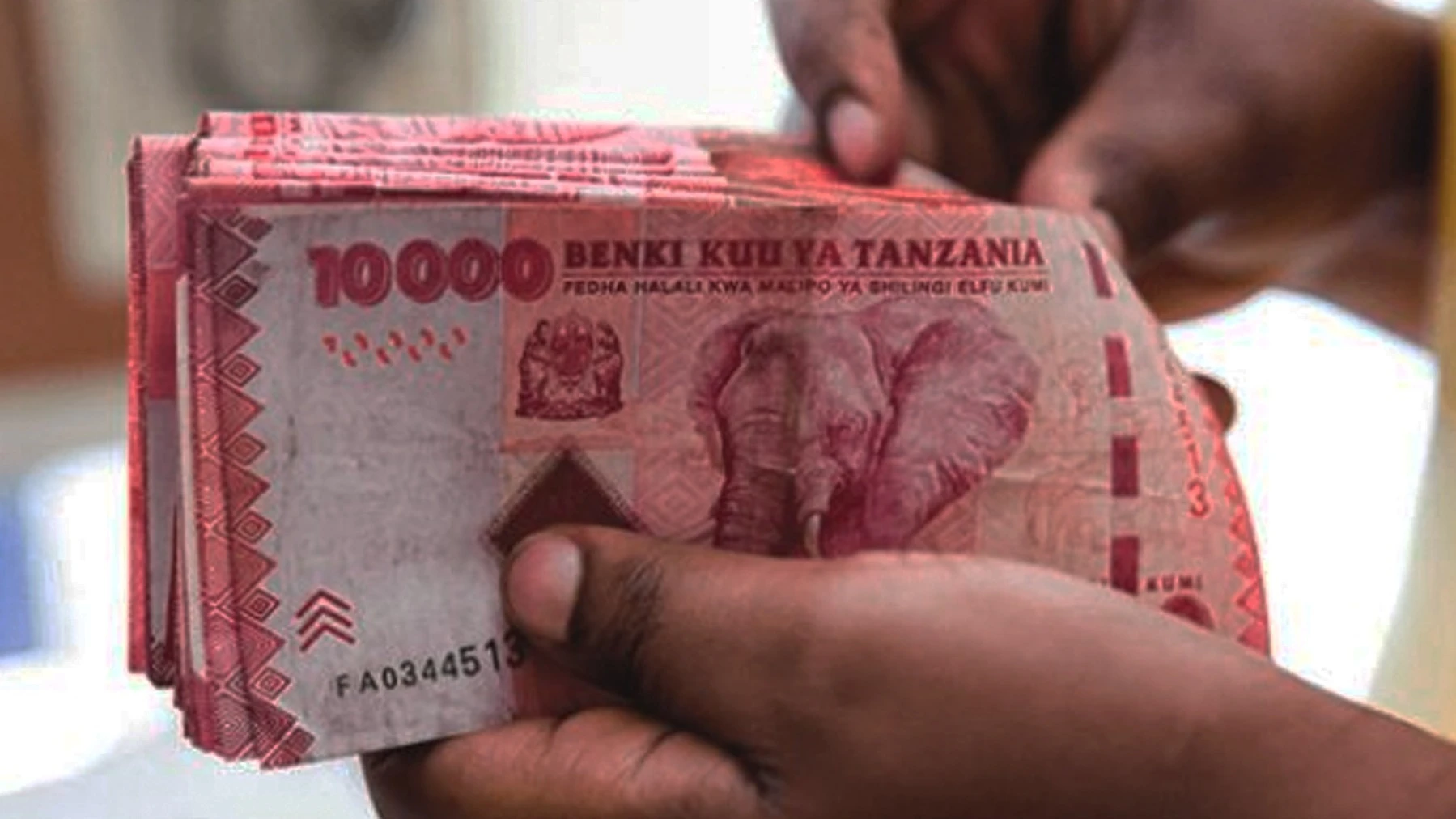Rise in temperatures due to sun’s position -TMA

THE Tanzania Meteorological Authority (TMA) has explained the rise in temperatures across various parts of the country, attributing it to the sun’s overhead position during specific periods.
According to the authority, the increase in temperatures in some areas is linked to the movement of the sun towards the equator and lack of rainfall in regions that follow bimodal rainfall patterns.
In a statement issued yesterday, TMA warned that the hot weather will persist throughout February, particularly in areas experiencing suppressed rainfall. However, temperatures are expected to drop next month as rainfall increases in certain regions.
Regions affected by two rainy seasons each year, including Dar es Salaam, Coast, Tanga, Zanzibar, Arusha, Kilimanjaro, Manyara, Geita, Kagera, Shinyanga, Mwanza, Simiyu, Mara, and northern Morogoro, have been experiencing heightened temperatures.
"Typically, the equatorial sun period peaks at the end of November when the sun shifts southwards toward the Tropic of Capricorn and repeats in February when it moves northwards toward the Tropic of Cancer," the statement reads in part.
TMA noted that February 2025 has recorded above-average temperatures in several regions on February 11, 2025, Mlingano weather station in Tanga recorded a high of 36.0°C, which was 2.1°C above the long-term average.
Similarly, on February 10, 2025, Julius Nyerere International Airport weather station in Dar es Salaam recorded 35.0°C, 2.2°C above normal. On the same day, Kibaha reported 35.8°C, an increase of 3.0°C, while the Kilimanjaro weather station recorded 34.3°C on February 9, 0.6°C above normal.
Health professionals have advised residents in affected areas to stay hydrated by drinking plenty of water and fluids such as juice to counter the effects of increased heat.
Dr Milagilo Malombe from Muhimbili National Hospital (MNH) – Mloganzila emphasized the importance of hydration, noting that people lose significant amounts of fluid during hot periods.
He also recommended wearing light, breathable clothing to minimize heat retention and prevent discomfort.
"Additionally, skin diseases tend to increase during this period, with fungal infections becoming more common. I advise people to maintain good hygiene by bathing frequently and drying themselves thoroughly to prevent skin conditions," he said.
Top Headlines
© 2025 IPPMEDIA.COM. ALL RIGHTS RESERVED






















